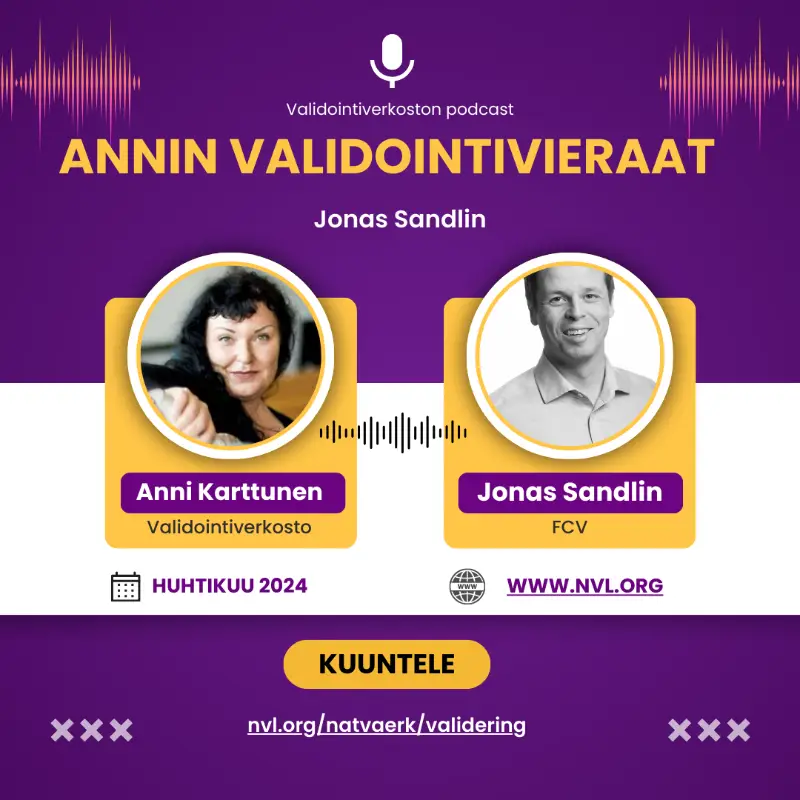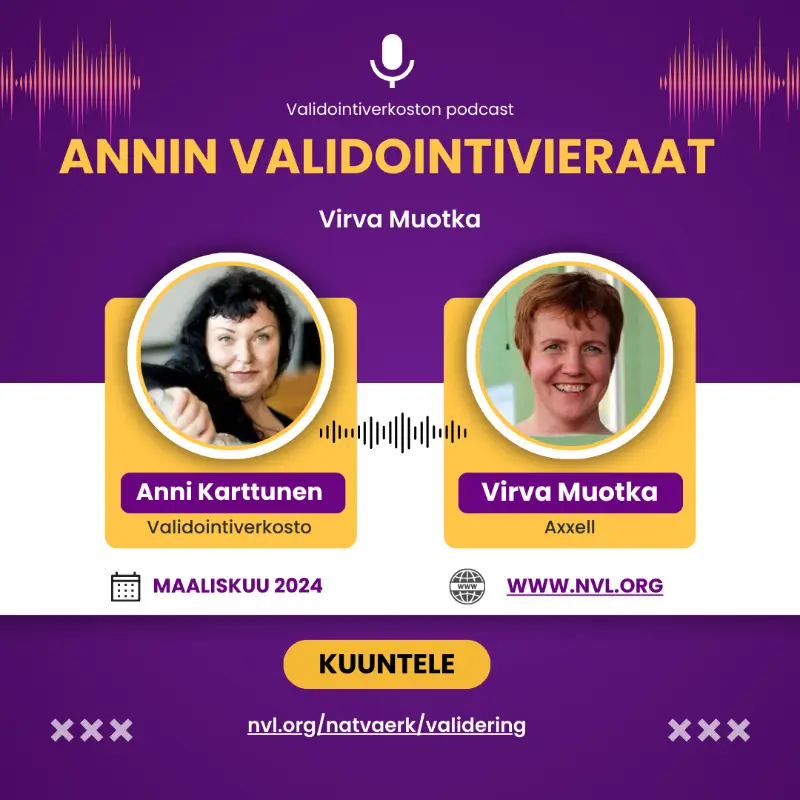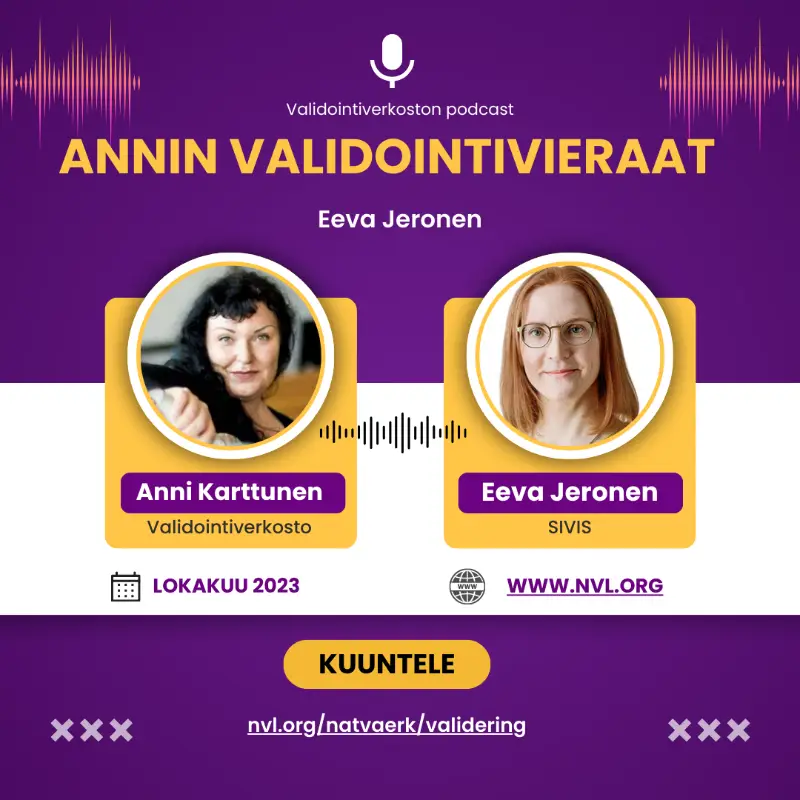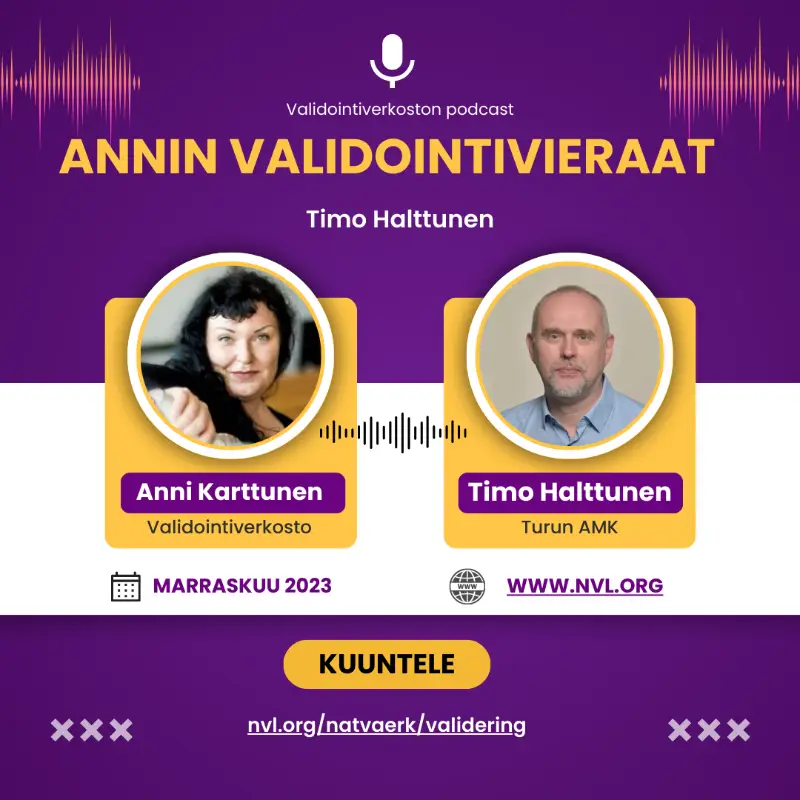According to Trine Bendix Knudsen, DFS was very pleased that a study like PIAAC was carried out, but they were shocked by the results. Especially the results for skills in literacy, where Denmark is below the OECD-average, have been worrying. However, also the results for skills in numeracy and problems solving in technology-rich environment (hereafter IT skills) have given rise to concerns. Around one million Danes do not have sufficient IT skills, and in terms of skills in literacy and numeracy, more than half a million Danes do not have sufficient skills.
Unfortunately, according to Trine Bendix Knudsen, there has not been much focus on the results from PIAAC. The ministers were shocked right after the results from PIAAC were published, but DFS cannot see that the government has initiated new efforts to solve the problems as a reaction to these results in the field of neither literacy, numeracy nor IT. PIAAC quickly disappeared from the public discussions. Maybe this has to do with the fact that we have a completely different self-image in the Nordic countries. We think we are really good in the field of adult learning and in competencies. Thus, it is difficult for us to understand that it is so bad. At the same time, it appears that the Nordic countries are front-runners in terms of most adult learning, so it may be difficult to see what else to do in our countries when we already use many resources, and the access to learning is comprehensive.
Trine Bendix Knudsen thinks that more co-operation between the formal and the non-formal education sector is important, if we want to improve the skills of the groups that lack skills and motivation for learning. She believes that the non-formal educational sector plays an important role in improving the situation. The non-formal educational sector is better than other sectors to get in contact with the groups in the population, who may be less motivated for learning and who have bad experiences from school, and this sector is better than others to motivate these people for learning.




